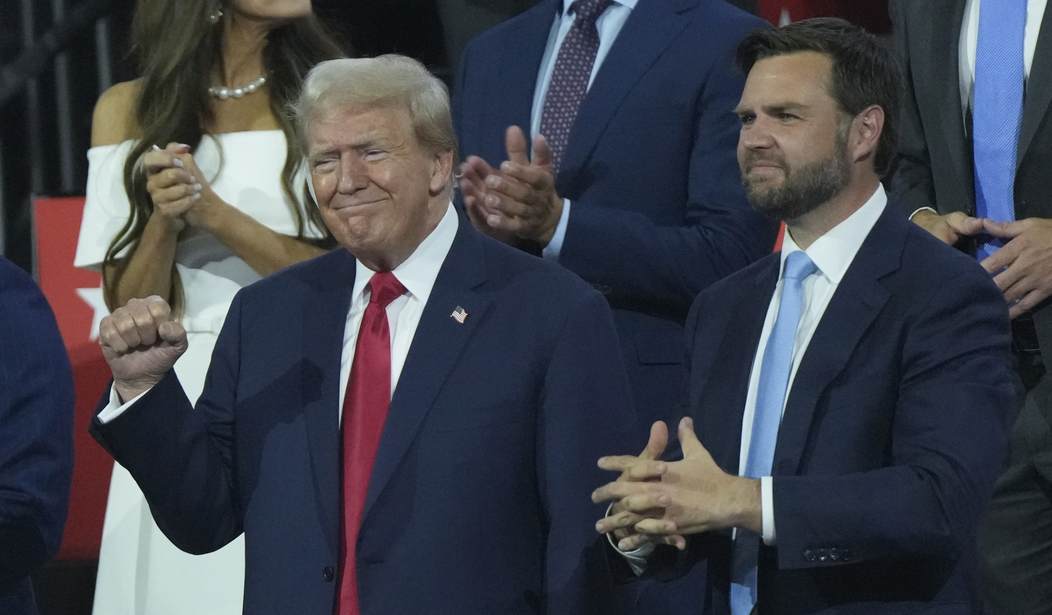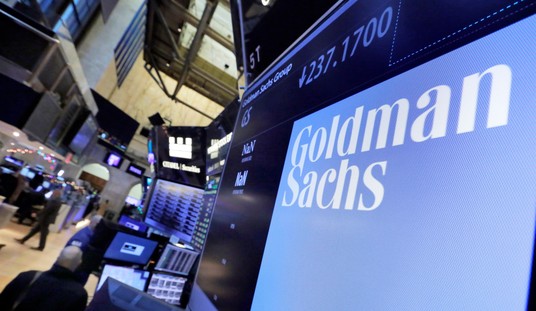The "One Big Beautiful Bill Act," obviously named by President Donald Trump, who has been a "go big or go home" guy since his early days of building and acquiring real estate, is no more.
The name, I mean.
With the 2026 midterm elections drawing ever nearer, Trump and Vice President JD Vance are working steadily — yet without fanfare —to reframe the "One Big Beautiful Bill," which Trump signed into law on July 4, in hopes of turning a policy win into a political one.
During his most recent Cabinet meeting, Trump explained the controversial legislation as a "major tax cut for workers," adding:
I'm not going to use the term 'great, big, beautiful' — that was good for getting it approved, but it's not good for explaining to people what it's really about.
Let's be honest:
The "One Big Beautiful Bill" has been a political lightning rod from the outset. TDS-riddled Democrat political figures have instead called it various sophomoric and derisive names, while more than a few Trump supporters thought it was a tad ostentatious, and labeled by Trump as such in an intentional jab at the left — every bit of the jab well deserved.
So be it; Trump signed the legislation into law, and he now seeks to describe it in a manner that more clearly defines what he says is the bill's overall intent. That said, Trump wouldn't be Trump if his first name for the bill was driven — at least in part — by a desire to take a shot at the Democrat party, whose "spend other people's money like a drunken sailor" proclivity is legendary.
Anyway, when Vance visits Wisconsin on Thursday to speak at a steel-fabricating facility about the law's advantages for manufacturing, he will use a new name for the legislation, given that recent polling has found that "One Big Beautiful Bill" is unpopular with a majority of Americans.
Here's more:
An August poll by the nonpartisan Pew Research Center found 49% of Americans oppose the tax and spending law, compared to just 29% who support it. Majorities expressed concern that it will increase the federal deficit and hurt low-income Americans while primarily benefiting the wealthy.
The White House disputed the polling data, insisting that internal polls across the country found support for many specific provisions of the law.
Democrats have seized on the findings of low support, saying the legislation favors the rich. The Congressional Budget Office estimated the bill could result in 12 million more uninsured Americans over the next decade and nearly $1 trillion in cuts to Medicaid.
Chances are, as is the case with most controversial legislation, the real impact of the measure will be somewhere in the middle.
As has been the case with other administration policies and proposals, Vance has played a pivotal role in crafting Team Trump's messaging on the key legislation — a sign that this president trusts his vice president with the keys to the Trump Train as it hurtles down the tracks.
Since early August, Vance has visited Georgia, Ohio, and Pennsylvania — perennial swing states — where Republicans are both trying to flip Senate seats and/or build on their slim majority in the House.
The vice president's language has evolved during those stops:
In Pennsylvania and Ohio, he frequently called the law the "One Big Beautiful Bill." But by late August in Georgia, he dropped that phrase entirely, referring to it repeatedly as the "Working Families Tax Cut."
The change is deliberate, said a White House official who spoke on the condition of anonymity.
"The messaging needs to emphasize benefits for working families," the official said. "The name definitely does not help, and our polling has started to reflect that."
It's been said that messaging is king in politics. While that might be true, the differences between Republican messaging and Democrat messaging couldn't be more stark.
ALSO CHECK OUT: $37 Trillion Is a Whole Lotta Money
The Bottom Line
While the GOP seeks to brand, or in this case, rebrand, its policies and initiatives, the Democrat party thrives on scaremongering code words and buzzphrases — generally devoid of both reality and intent — crafted solely to play to the lowest common denominator of its low-information base.
Help RedState continue to tell the truth about the Trump administration's accomplishments as we continue to usher in the Golden Era of America. Join RedState’s VIP and use promo code POTUS 47 to get 74% off your membership today.















Join the conversation as a VIP Member